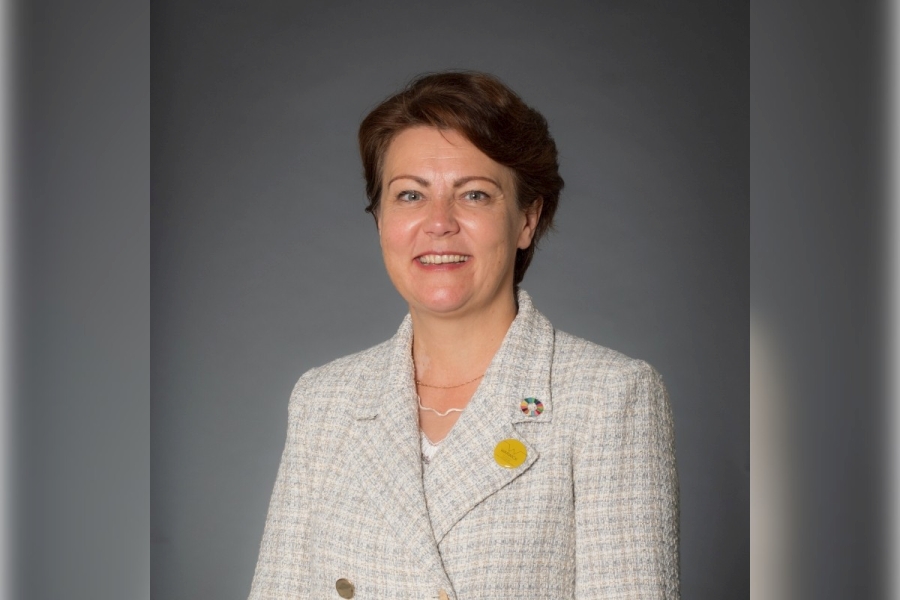Upcoming events
Elena Korosteleva: ‘Complexity and Community in IR: nurturing resilience in Central Eurasia’ - book presentation and discussion
Online format I TUESDAY, 11 a.m. - 1 p.m. | This book offers a unique IR perspective on resilience-nurturing generally, and with a focus on Central Eurasia, using the lens of complexity-thinking and community of relations. Steeped in centuries-long traditions, social memory, and culture, Central Eurasia,spanning Belarus and Ukraine in the west, South Caucasus in the south, and Kazakhstan in the east, faces multiple challenges today—from rampaging poverty and climate emergency, to democratic struggles, conflicts, and a devastating war in Ukraine, with global consequences for the planet. And yet, this region demonstrates remarkable resilience being stubbornly affirmative about their better (alternative) futures, and visions of the good life, in the context of the Anthropocene. Central Eurasia avidly showcases aparticular kind of resilience—that is, deeply ideational, spiritual, and always communal. This book will guide the reader towards discovering the real meaning of resilience, reclaimed from neoliberal thinking, and instead immersed into complex life, using Central Eurasia as a case study. Resilience on this journey becomes not just a quality of a complex system, or an analytic of governance to manage uncertainty. Resilience comes to encapsulate an almost revolutionary process of community’s worlding into a universe of more-than-human complex relations, attuned to the precarious conditions of the Anthropocene, and more crucially, able to act on them, with a political agency, collectively.
View details